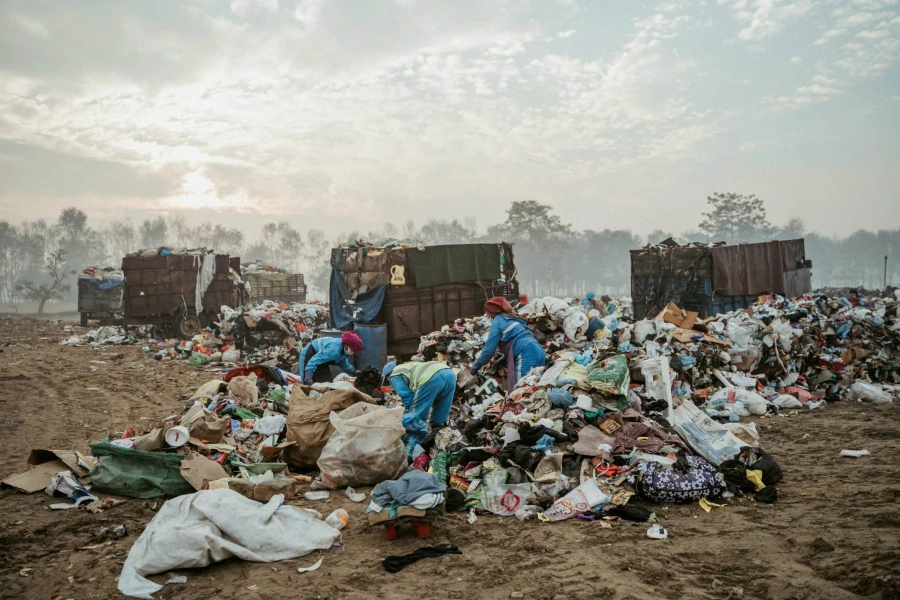‘Brave New World’ is a dystopian novel by Aldous Huxley which delves into the idea of a futuristic world where freedom is the cost for a successful civilization. The book highlights the negative impacts of technology and how getting rid of unpleasant things in life is also getting rid of the true pleasures.[break]
What is your overall perception about the book?
My love for dystopian works like Nineteen Eighty Four, Anthem and the Handmaid’s Tale was what made me pick ‘Brave New World’. It obviously ranks higher in that category but I didn’t enjoy it as much. I guess I was expecting it to be more thematically similar to the other three. The lengthy description of scientific practices at the World State, which took up a significant portion of the story, was too technical for my taste. The flow of the story seemed a little too abrupt at places. I would have liked it better if it had a greater focus on John’s side of the story than Bernard’s- the former clearly is the more important character.

Why does the character appeal to you, in spite of your opinion towards the book?
I really liked the character of John the Savage. John is a man who is stuck in-between two worlds- civilization and primitiveness. Neither is he accepted by the savages, nor is he able to fit into the sophisticated World State culture. He grew up in isolation. He heavily relies on Shakespearean literature, which seems to have played a big role in his emotional and communicational development. Therefore, his ideas are highly influenced by the books he has read and he views the world from Shakespeare’s perspective. His feelings towards Lenina are also misguided by his dependence on Shakespearean romance. He often quotes Shakespeare while trying to express his opinions, which seems strange- even humorous- at times.
Can you relate to the character?
In some ways I can relate to John’s character. Brought up in Nepal, but heavily influenced by western ways, I sometimes feel like I’m stuck in-between two worlds. My origin makes me exotic to westerners, yet at times I don’t find myself blending in too well with my own culture. I also find my ideas and perspectives, even the way I express myself, to be somehow influenced by the books I read, the movies I watch and the people I’m around.
Something about the writer if you have read any of his other works?
This is the first work of Aldous Huxley that I have read. I don’t think I want to read another novel by him anytime soon. Maybe I will try ‘Point Counter Point’ in the future. Meanwhile, I’m looking for ‘Iron Heel’ by Jack London.
Lukaku double as Belgium outclass brave Panama







































